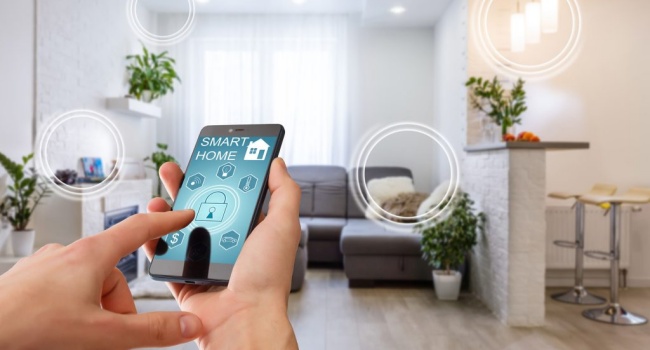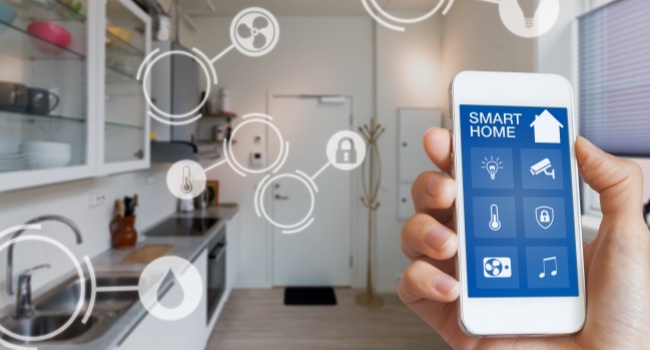One of the most compelling reasons to embrace smart home integration is the convenience it brings. Imagine being able to control lighting, heating, and security systems from your smartphone or through voice commands. This level of control means that you can easily adjust your home environment to suit your preferences without the need to physically interact with multiple devices. For instance, you can set the mood for a dinner party by dimming the lights and playing music all with a simple command. This convenience not only saves time but also enhances the enjoyment of your living space.
Energy efficiency is another significant advantage of smart home integration. Many smart devices are designed to optimize energy consumption, allowing homeowners to reduce utility bills while minimizing their environmental impact. Smart thermostats can learn your schedule and adjust heating and cooling accordingly, ensuring that energy is not wasted when you are away. Similarly, smart lighting systems can be programmed to turn off automatically when no one is in the room. By integrating these technologies, homeowners can achieve a more sustainable lifestyle while enjoying the benefits of modern living.

Security is a primary concern for many homeowners, and smart home integration provides advanced solutions to enhance safety. Smart security systems can include cameras, motion sensors, and smart locks that can be monitored and controlled remotely. This means you can check on your home while you are away, receive alerts about unusual activity, and even grant access to visitors without being physically present. The peace of mind that comes from knowing your home is secure is invaluable, especially in today’s fast-paced world.
When considering smart home integration, it is essential to choose devices that are compatible with one another. Many manufacturers offer ecosystems that allow for easy integration, enabling you to control all your devices from one central hub. Popular platforms such as Google Home, Amazon Alexa, and Apple HomeKit provide user-friendly interfaces that make managing your smart devices straightforward. Researching compatibility before purchasing devices can save you time and frustration in the long run.
Another important aspect of smart home integration is the potential for customization. Many smart devices can be programmed to suit your specific needs and preferences. For example.

you can create routines that automate tasks throughout the day, such as having your coffee maker start brewing when your morning alarm goes off. This level of personalization allows homeowners to tailor their environments to fit their lifestyles, making daily routines more efficient and enjoyable.
In addition to the practical benefits, integrating smart technology into your home can also enhance its value. As more buyers seek homes equipped with modern technology, having a smart home can make your property more attractive in the real estate market. Investing in smart home features not only improves your living experience but can also yield financial returns should you decide to sell your home.
Smart home integration is transforming modern living by offering convenience, energy efficiency, enhanced security, and the potential for customization. By embracing this technology, homeowners can create spaces that are not only functional but also aligned with their lifestyles. As smart devices continue to evolve, the possibilities for enhancing our homes are virtually limitless, making it an exciting time to explore the world of smart home technology.




